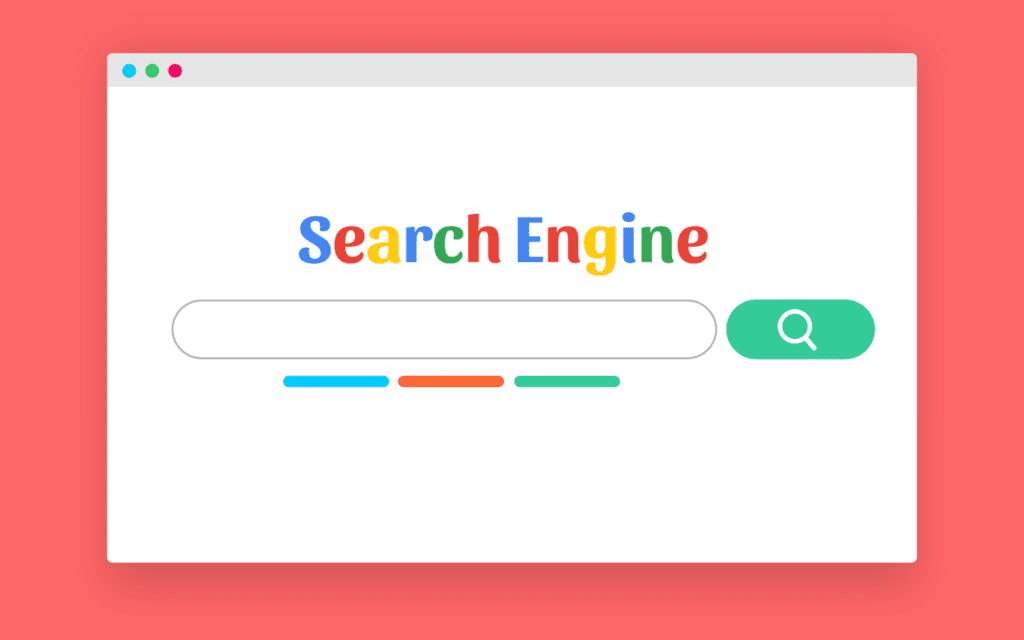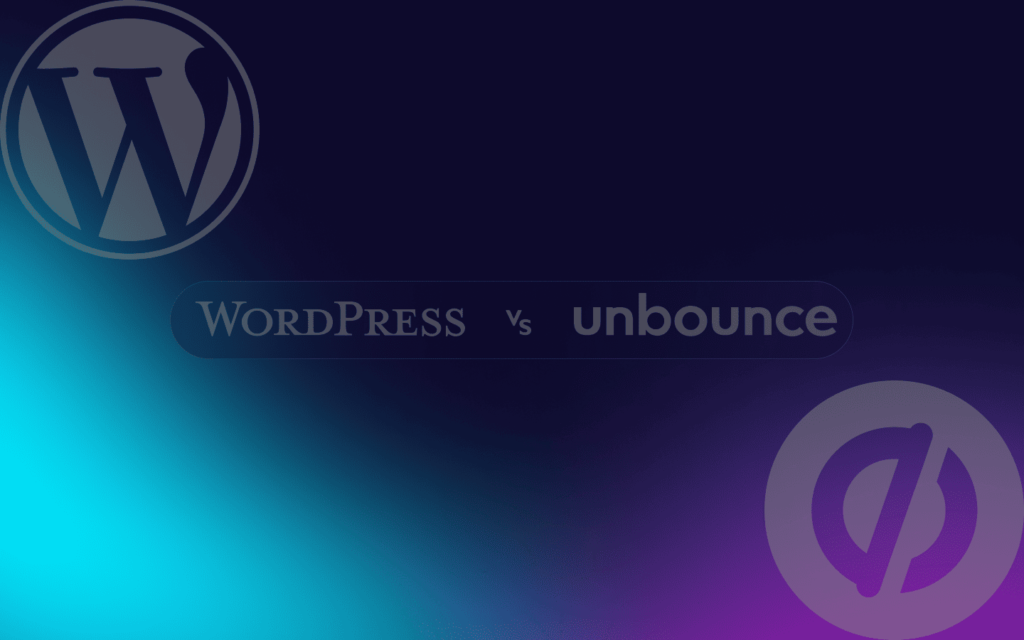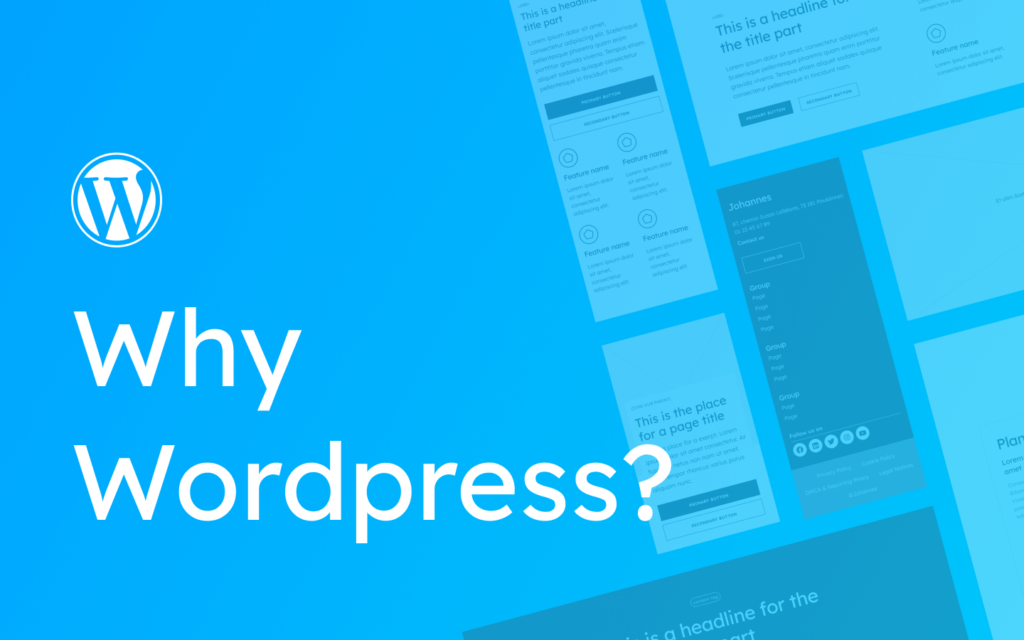
What is SEO?
SEO stands for Search Engine Optimization, a process aimed at improving a website’s visibility in unpaid (organic) search results on search engines. By optimizing your website for SEO, you ensure that it’s easy to find when people search for products, services, or information relevant to your business.
Main Components of SEO
SEO is divided into several areas that work together to improve your online presence. Here are the three main components explained:
1. On-Page SEO

Refers to practices you can implement within your own website to improve its ranking. This includes proper use of keywords, content structure, header tags, meta descriptions, and image optimization
2. Off-Page SEO

Involves strategies done outside your website to improve its authority and visibility, such as building backlinks from third-party sites, social media mentions, and presence in directories
3. Technical SEO

Involves all the technical aspects of a website that affect search engine indexing and crawling. This includes page load speed, security, mobile usability, and site architecture
Why is SEO Important for Your Business?
SEO is not just a passing trend; it’s a necessity for any business that wants to thrive in the digital environment. Here are some reasons why SEO is crucial for your business success:
- Increases Visibility: As people use search engines to find products and services, SEO helps you appear in top search results. The higher your rank, the more likely you are to attract traffic.
- Organic Traffic: SEO focuses on generating organic traffic, meaning visitors who come to your site without needing to pay for ads. This type of traffic is essential because it shows that people are genuinely interested in what you offer.
- Credibility and Trust: Appearing in top search engine positions gives your business extra credibility. Users tend to trust websites that rank higher in search results.
- Improves User Experience: By optimizing your website, you also enhance navigation, load time, and overall user experience, which can increase customer retention.
- Boosts Local Sales: Local SEO is particularly important if you have a physical business. By optimizing your online presence for local searches, you can attract customers in your area who are looking for nearby services or products.
Benefits of a Well-Defined SEO Strategy
Developing a solid SEO strategy may take time, but the long-term benefits are invaluable. Here are some key benefits:
- Increased Web Traffic: A good SEO strategy will steadily increase traffic to your website. As your ranking improves on search engines, more users will visit your site.
- Better Conversion Rates: With more traffic and improved user experience, you’ll also see an increase in conversions. More qualified visits will lead to more potential customers and sales.
- Brand Recognition: By consistently appearing in search results, people will start recognizing and trusting your brand. Greater brand recognition leads to more business opportunities.
- Better Understanding of Customer Behavior: By analyzing SEO data, you can gain valuable insights into customer behavior, such as the keywords they use or the pages they visit the most. This helps you adjust your marketing and sales strategies.
How to Implement an SEO Strategy
Implementing an effective SEO strategy requires a comprehensive approach that covers both On-Page and Off-Page SEO. Here are the key steps to get started:
- Keyword Research: Identify the most relevant keywords for your business that your target audience is searching for.
- On-Page Optimization: Make sure each page on your site is optimized with relevant keywords, title tags, meta descriptions, headers, and quality content.
- Content Creation: Content is king in SEO. Ensure that you create relevant, valuable content that meets your audience’s needs.
- Link Building: Work on getting quality backlinks from reputable sites pointing to your website.
- Technical SEO: Optimize page load speed, ensure mobile-friendliness, and improve security.
- Monitoring and Adjustments: SEO is an ongoing process. Regularly monitor your strategy’s performance and make adjustments as needed.
On-Page vs Off-Page SEO

While both types of SEO are important, it’s crucial to understand the differences between On-Page and Off-Page SEO and how they complement each other.
- On-Page SEO: Involves all activities you can perform directly on your website to improve its ranking, such as content optimization, site structure, page load speed, and keywords.
- Off-Page SEO: Includes external strategies, like link building and social media promotion, that improve your site’s authority and visibility.









